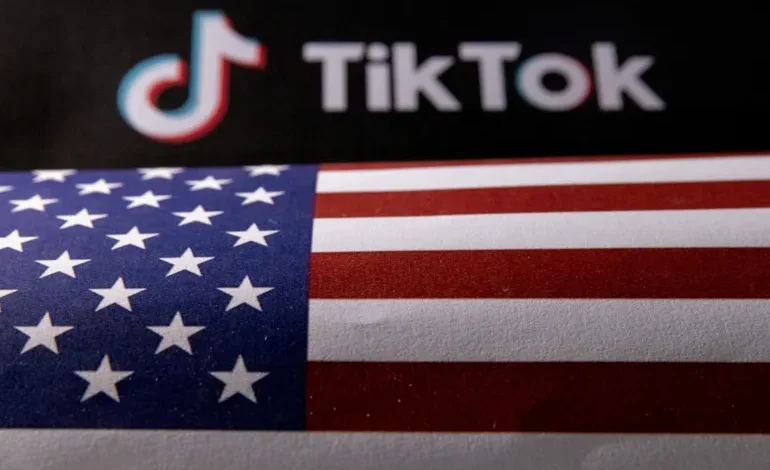Why has the US passed a bill to ban TikTok, and what’s next?

The US moved a step closer to banning TikTok after the House of Representatives passed a bill on Wednesday calling for the app’s Chinese developer ByteDance to divest from the company or be booted out of US app stores.
The Protecting Americans from Foreign Adversary Controlled Applications Act passed with overwhelming bipartisan support, receiving 352 votes in favour, and only 65 against.
Many House legislators have argued that the app could allow the Chinese government to access user data and influence Americans through the wildly popular social media platform’s addictive algorithm. The White House has backed the bill, with President Joe Biden saying he would sign it if it passes Congress.
Legislators and the White House, however, are at odds with many of TikTok’s 170 million US users – representing roughly half the country – as well as civil liberties and digital rights groups who say a ban would infringe on freedom of speech.
In the meantime, the bill still faces hurdles including clearing the US Senate, the upper chamber of the US legislature, where the path forward is far from straight. The bill will face a new round of scrutiny from legislators on both sides of the aisle and potential competition from different versions of a ban.
Why does the US want ByteDance to divest from TikTok?
The battle over TikTok is the latest front in US-China competition and Washington’s attempts to thwart potential foreign influence campaigns. In the case of TikTok, US legislators fear that ByteDance could be secretly controlled by the Chinese Communist Party.
The company has denied the allegations that it shares sensitive user data with the Chinese government. “ByteDance is not owned or controlled by the Chinese government. It is a private company,” TikTok CEO Shou Chew said in a testimony before the Congress in March.
But Chinese regulators have a history of cracking down on domestic tech firms. Beijing is also well-known for censoring politically sensitive content and restricting users from accessing Western social media and sites with its “Great Firewall”.
Marco Rubio, the Republican vice chairman of the Senate Select Committee on Intelligence, expressed many of these fears this week when he said at an annual hearing on “worldwide threat assessments” that “every company in China is controlled by the Chinese Communist Party” – including ByteDance.










